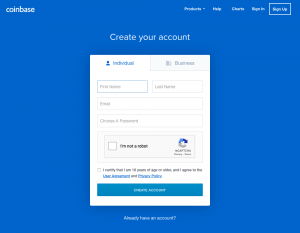


That means if you open a second position on a currency pair, you have to close the first one before the second one is accepted – an awkward mechanism designed to stop hedging. US-based brokers can’t offer hedging and are forced to implement a First In First Out (FIFO) policy on trades. That means US citizens are at a disadvantage compared to traders in other markets, where leverage can be as high as 1:100 or even 1:2000. The highest leverage ratio US forex traders can access is 1:50. Here’s what American forex traders face if they want to open trades in the US with a US broker: No access to normal leverage Only big players like investment banks, hedge funds, and high-net-worth (HNW) individuals have the resources and flexibility to leap over them. Those rules created hurdles that make it hard for individual FX traders in the US to profit.

A new set of rules (see ‘Dodd-Frank’) was created to govern how American citizens and any trading brokerage operating in the US could conduct future forex trades. When the house of cards collapsed, however, forex found itself in the crosshairs.Īs so often happens in time of economic distress, ‘currency speculation’ was blamed for irrational market activity and aiding in fraud. The 2008/2009 collapse's roots lay in the US sub-prime mortgage market and the complex derivatives that major banks and finance houses had constructed to prop-up demand. Then the financial crisis landed, and regulators were tasked with cleaning up the mess. Portals popped up everywhere, and as the market took off, American’s naturally jumped onboard. The rollout of fast broadband spurred the growth of online trading around the world. Up until 2009, it was pretty much plain sailing for FX traders in the US. In this article, we'll list ten of the most popular offshore forex trading brokers that accept US customers and let them use their trading platforms freely.īut first, it's worth looking at the forex trading environment in the US and understand the conditions that make trading ‘offshore’ a worthwhile option for many. Happily, there are more options for Americans than there used to be. That's a severe disadvantage – and a disincentive to participating in forex at all. But any US citizen signing up for a brokerage trading account quickly finds themself reigned-in by regulatory and legal restrictions that FX traders in other countries don’t face. Not completely excluded, of course – Americans aren't subject to a North Korea-style ban on currency trading. Isn’t it odd then that citizens of the world’s biggest economy are effectively shut out? Forex is the biggest financial market on the planet – worth some USD 6 trillion in trading volume on any given day.


 0 kommentar(er)
0 kommentar(er)
